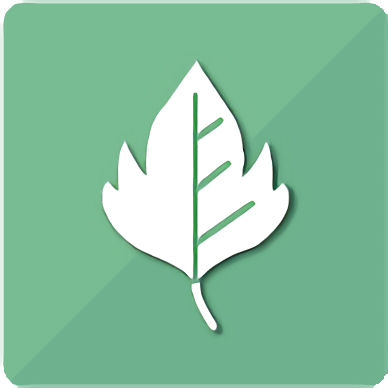- Home
- All Courses
- High School
- Environmental Science [Competency Based]

$250.00
Environmental Science [Competency Based]
Course Description
Environmental Science is sometimes referred to as ecology and is the study of the relationships and interdependence of organisms and their connection to the nonliving, or abiotic, factors in the natural world. This course provides students with a profile of the living relationships, abiotic factors, human influences, and current state of Earth’s ecosystems. The course begins with a review of science as a process and the general components of Earth’s structure that impact life. It then progresses through a study of the living groups and their relationships to one another, focusing on the balance achieved by nature through these relationships. The course explores populations and provides examples of unchecked growth and rapid extinction in the context of their effects on ecosystems. The course dedicates a unit to aquatic ecosystems and organisms, and the results of human impact. After covering the influence of energy extraction, production, and use, the course ends by examining the positive influence humans can have on the environment through conservation and sound management practices.
Course Breakdown
The scientific method
Structure and composition of Earth
Ecosystems
Energy flow through an ecosystem
Earth’s nutrient cycles
Population ecology
Biodiversity
Human impact on biodiversity
Environmental laws and regulations Aquatic ecology
Renewable and nonrenewable resources
Earth’s atmosphere
Air quality
Farming and agriculture
Effects of pollution
Course Goals
Apply the scientific method to carry out experiments and make educated predictions.
Describe the different systems, structures, and demographic transitions of Earth.
Describe the types of relationships and differences between organisms.
Analyze how population growth and biodiversity affects life on Earth.
Describe the different cycles that occur on the Earth naturally. Classify and describe wetlands and waterways.
Identify types of energy resources and their uses.
Describe the different types of pollution, their effects on the planet, and the agencies created to address pollution.
Describe how agricultural practices affect land, humans, and wildlife.
Relate the effects of pollution based on environmental and economic costs.
eCourses
Social share
Basic
Your choice of 1 eCourse-
eCourse selection from the following options:
• Core or elective high school or middle school eCourses
• Career Preparatory eCourses -
Access to Expert Teachers for Support
• Teacher graded assessments and feedback
• Enrollment Services
Standard
Your choice of 2 eCourses-
eCourse selection from the following options:
• Core or elective high school or middle school eCourses
• Project-Based Learning eCourses
• Career Preparatory eCourses -
Access to Expert Teachers for Support
• Teacher graded assessments and feedback
• Enrollment Services
• A personal learning coach
• Access to a lesson video library
Premium
Your choice of THREE eCourses-
eCourse selection from the following options:
• Core or elective high school or middle school eCourses
• Project-Based Learning eCourses
• Social-Emotional Learning eCourse
• Career Preparatory eCourses -
Instructional and Student Support Services
• Teacher graded assessments and feedback
• A personal learning coach
• Access to a lesson video library
• Three live instructional sessions per week or six hours of tutoring support





